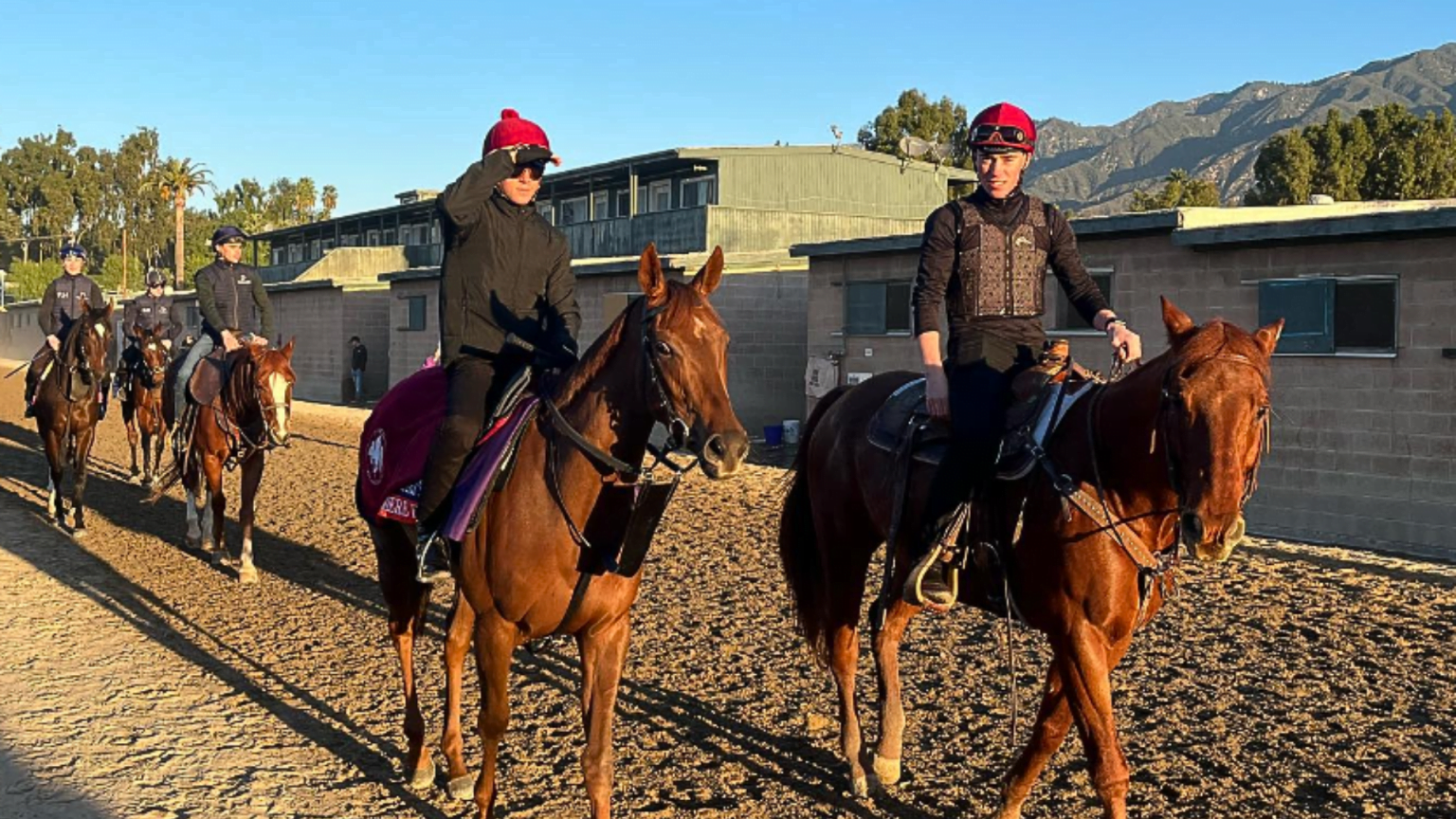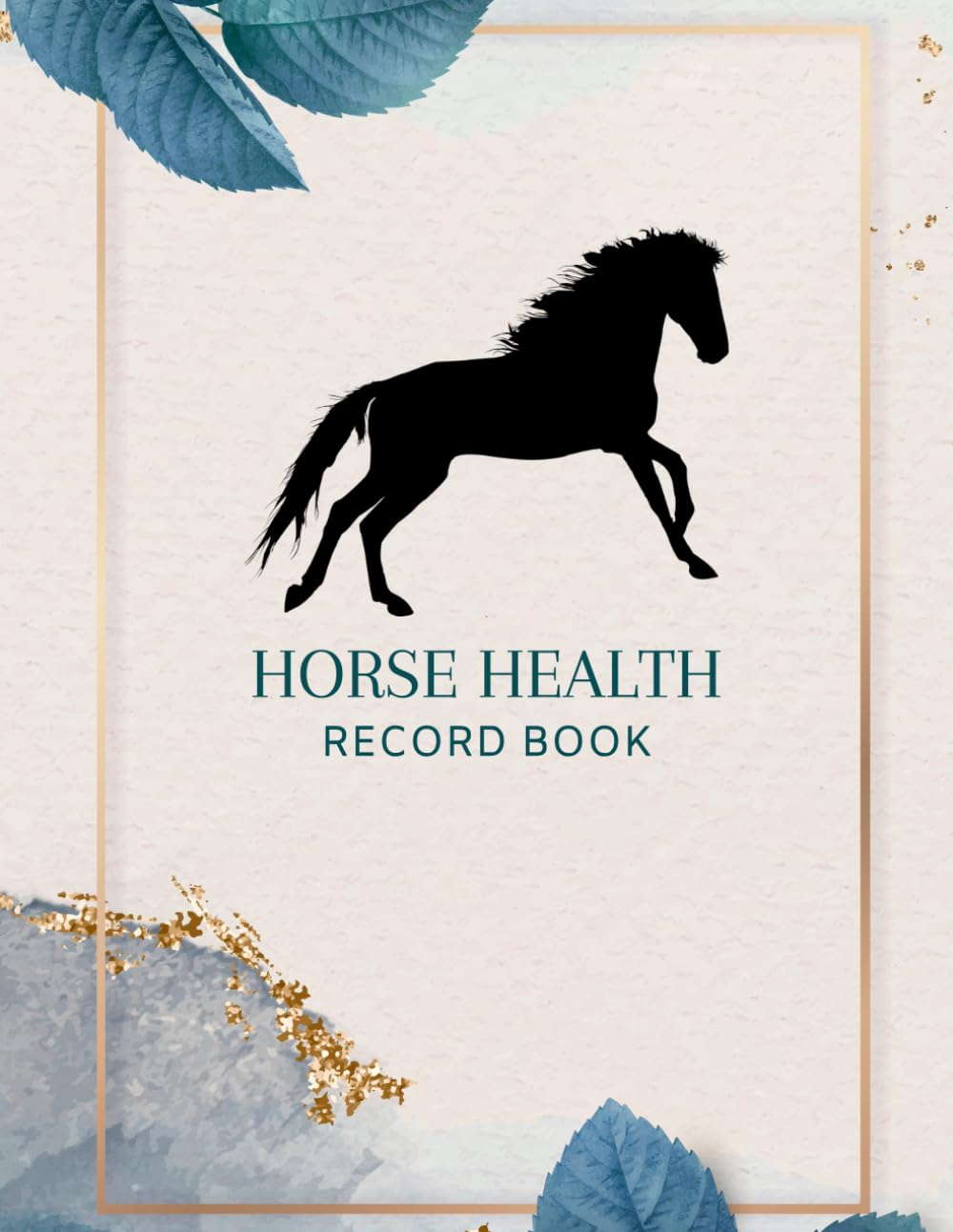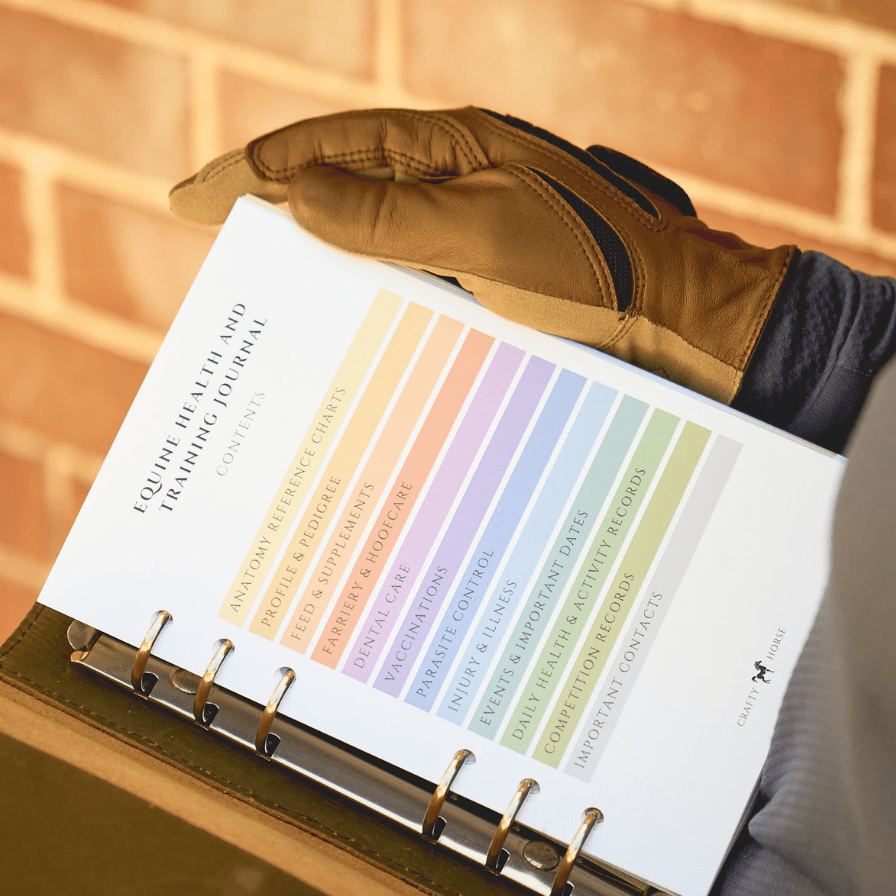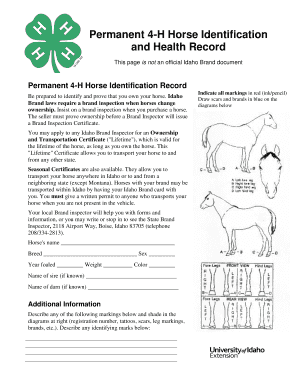Record Keeping for Horse Care: A Comprehensive Guide

Keeping detailed records is essential for responsible horse ownership and effective horse care management. This article explores the importance of record keeping, what to include, and how to organize your records efficiently.
Why Record Keeping Matters

Maintaining accurate records helps track your horse’s health, training progress, and expenses. It ensures timely vaccinations, treatments, and can be invaluable during emergencies or when selling your horse.
Essential Records to Keep

| Record Type | Description | Importance |
|---|---|---|
| Health Records | Vaccinations, deworming, vet visits, illnesses | Monitor health trends and medical history |
| Feeding Logs | Diet plans, supplements, feeding schedules | Ensure nutritional needs are met |
| Training Records | Training routines, progress notes, behavior | Track development and adjust training plans |
| Farrier Records | Hoof care dates, shoeing details | Maintain hoof health and schedule appointments |
| Expense Records | Bills, receipts, and costs related to horse care | Budget management and financial planning |
How to Organize Your Records

- Digital Tools: Use apps or spreadsheets for easy access and backup.
- Physical Binders: Keep printed documents organized by category and date.
- Regular Updates: Schedule weekly or monthly reviews to keep information current.
Tips for Effective Record Keeping
- Be consistent and thorough.
- Include dates, details, and any observations.
- Use clear labels and categories.
- Back up digital records to prevent data loss.
Frequently Asked Questions (FAQ)
Q1: How often should I update my horse’s records?
A: Ideally, update records immediately after any health check, treatment, or training session. Regular monthly reviews help maintain accuracy.
Q2: Can I use mobile apps for record keeping?
A: Yes, many apps are designed specifically for horse care management, offering features like reminders and data sharing.
Q3: What should I do if I lose physical records?
A: Always keep digital backups or copies in a secure location to prevent loss.
Q4: Are records necessary for all horses?
A: Yes, regardless of the horse’s use or age, keeping records supports their well-being and management.
Conclusion
Effective record keeping is a cornerstone of good horse care. By maintaining organized, detailed records, you can ensure your horse’s health, optimize training, and manage expenses efficiently. Start your record keeping system today to enjoy peace of mind and better care outcomes.
